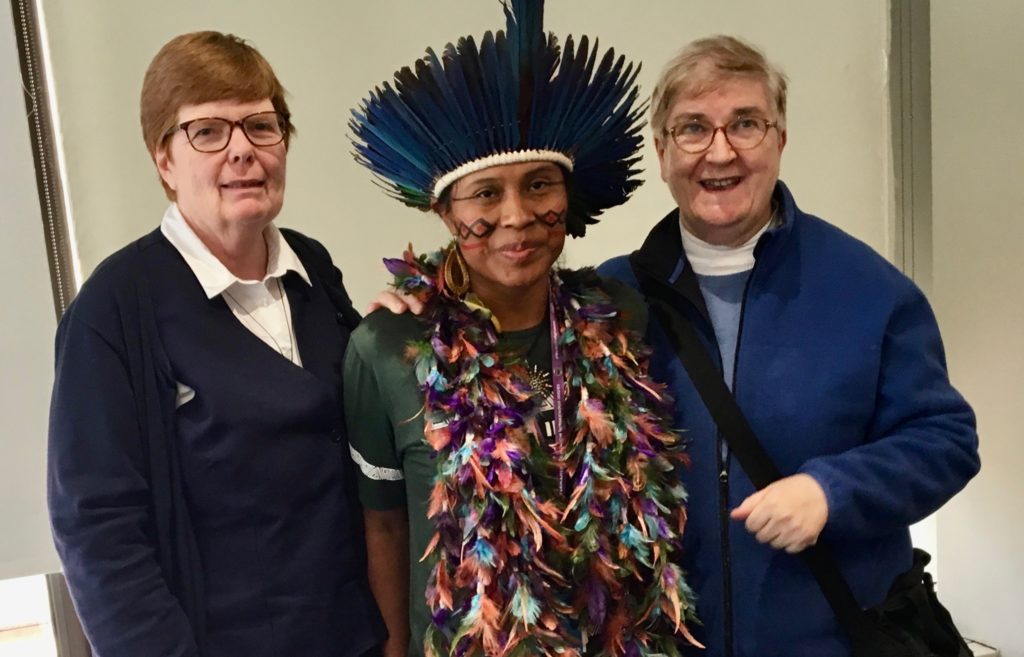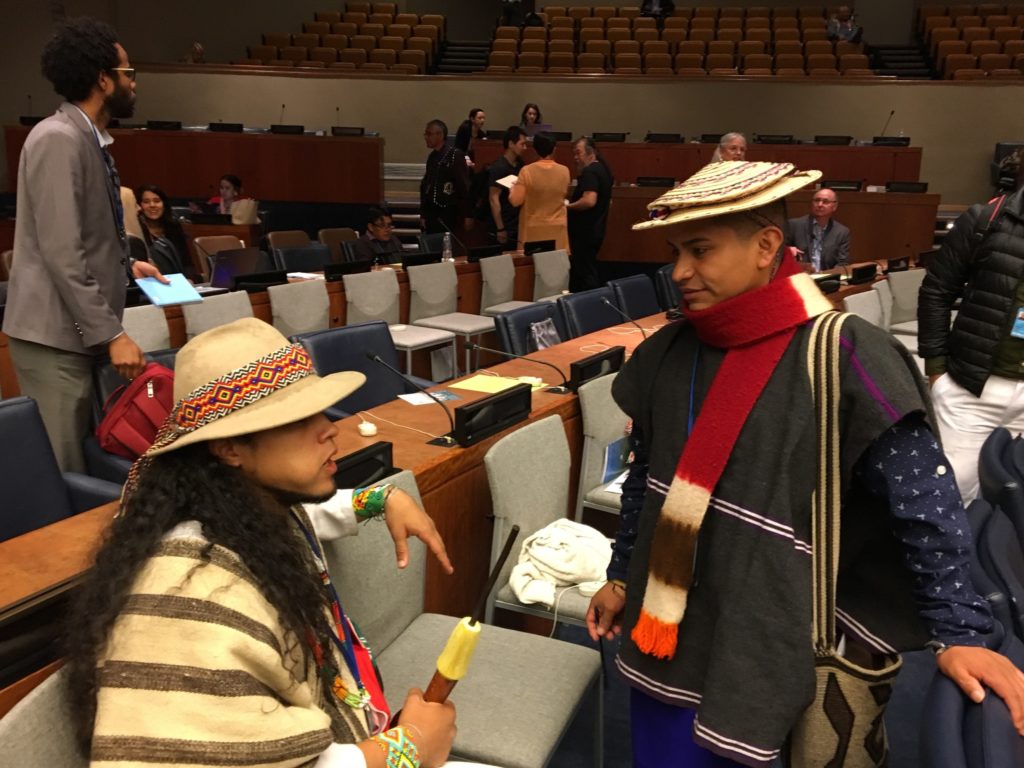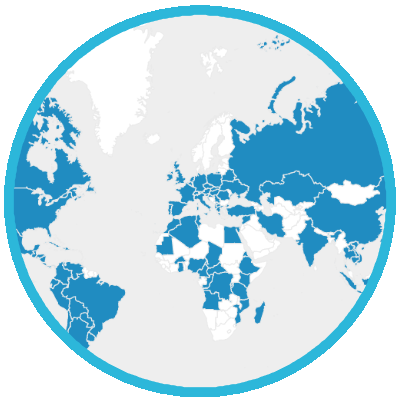The United Nations Permanent Forum on Indigenous Issues

The 20th session of the Indigenous Peoples Forum will be held from April 19-30, 2021, with the theme: “Peace, justice and strong institutions: the role of indigenous peoples in implementing Sustainable Development Goal 16”, in light of the evolving COVID-19 situation. Goal 16 forms the basis for the attainment of many of the rights enshrined in the UN Declaration on the Rights of Indigenous Peoples, such as access to non-discriminatory and inclusive justice, recognition of indigenous institutions, the principle of free, prior and informed consent, and the right to land, territories and resources.
The Forum which was established in July 2000 to deal with indigenous issues related to economic and social development, culture, the environment, education and human rights. The forum raises awareness and promotes the integration and coordination of activities related to indigenous issues within the UN system; and also promotes respect for and full application of the provisions of the UN Declaration on the Rights of Indigenous Peoples.
The Company of the Daughters of St. Vincent de Paul are actively engaged in the Indigenous Peoples Forum at the UN annually, especially with REPAM and other groups from the Amazon region.
The COVID-19 pandemic, an unprecedented health, economic and social crisis has negatively impacted the implementation of the 2030 Agenda very especially for the indigenous peoples. Many governments failed to provide adequate healthcare and support during the pandemic, which forced indigenous peoples to rely on their ancestral and traditional medicinal plants. How this crisis and its ongoing social economic consequences are addressed will serve as a litmus test for the pledge to leave no one behind.
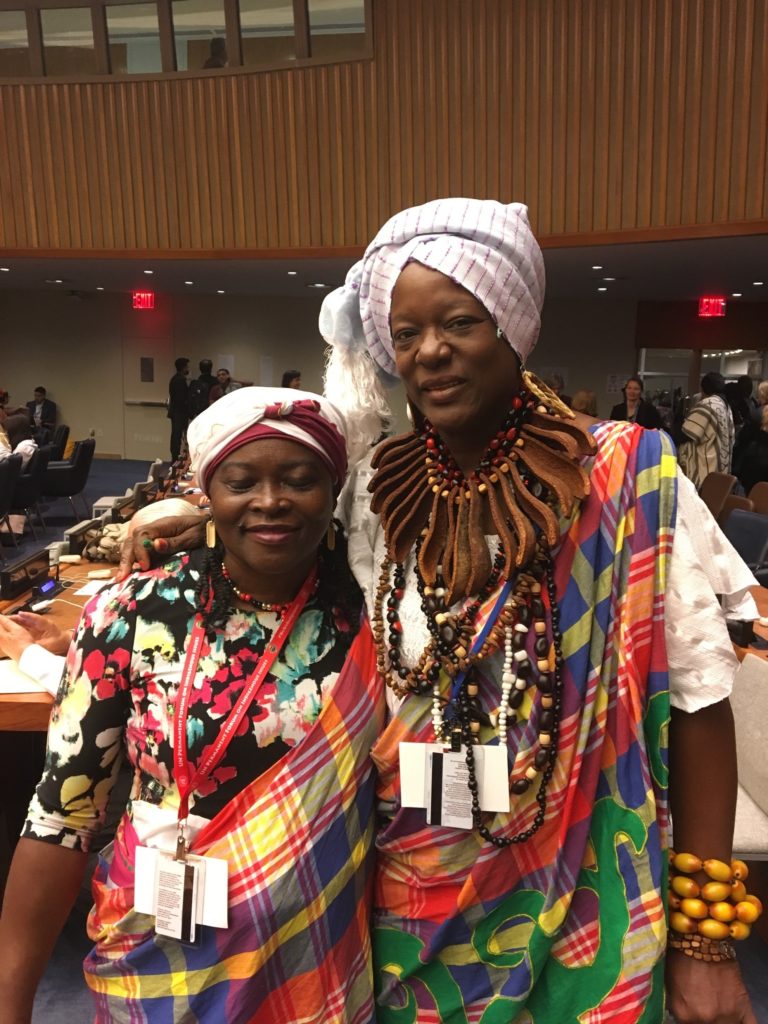
The pandemic has also increased the attention of the international community to indigenous peoples’ traditional knowledge practices related to indigenous food systems, biodiversity and climate change. Though climate change affects all ecosystems on earth, because of their high dependence on the ecosystems, indigenous peoples are disproportionately affected by climate change. Forest fires, sea melt, desertification, ocean acidification and coral bleaching are depriving indigenous communities of their resources. As guardians of 80 percent of the world’s biodiversity, indigenous peoples can contribute to the global efforts to reduce greenhouse gas emissions and promote ecosystem-based carbon capture. They can also assist in the development of mitigation and adaptation initiatives. To take advantage of their knowledge, all stakeholders should encourage the participation indigenous peoples in the development of policies and initiatives at all levels.
It is encouraging to see some the measures taken or planned by the UN entities to implement the recommendations of the Permanent Forum. The Food and Agriculture Organization provides secretariat services to the Group of Friends of Indigenous Peoples and leads the Global Campaign for the Empowerment of Indigenous Women for Zero Hunger. The Office of the UN High Commissioner for Human Rights has stepped up its efforts to facilitate dialogue between indigenous peoples and State authorities, in light of the ‘persistent lack of indigenous peoples’ participation in decision making and increasing violence against indigenous human rights defenders worldwide.’
Other articles
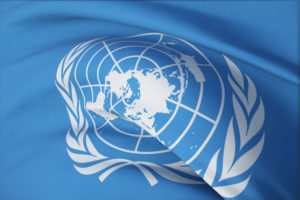
Human Trafficking: “The open wound on the body of our contemporary society”
According to Pope Francis, “Human trafficking is an open wound on the body of contemporary society, a scourge upon the body of Christ. It is
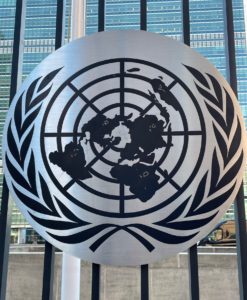
Leave no one behind
“Leave no one behind” has become the moto, the focus of every meeting at the United Nations. The phrase reminds
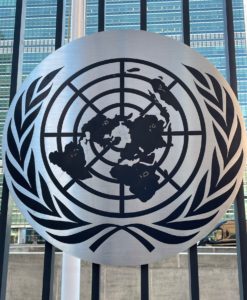
Be the change you want to see in the world!
Blessed Easter Season to each of you! It is certainly a busy time around the UN, as more and more
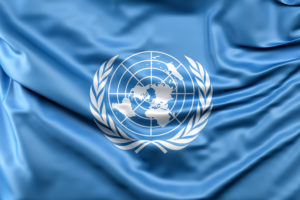
Mending Blessing
O my friend, take heart. The work of repair is aching in its slowness and beautiful in the inches by

